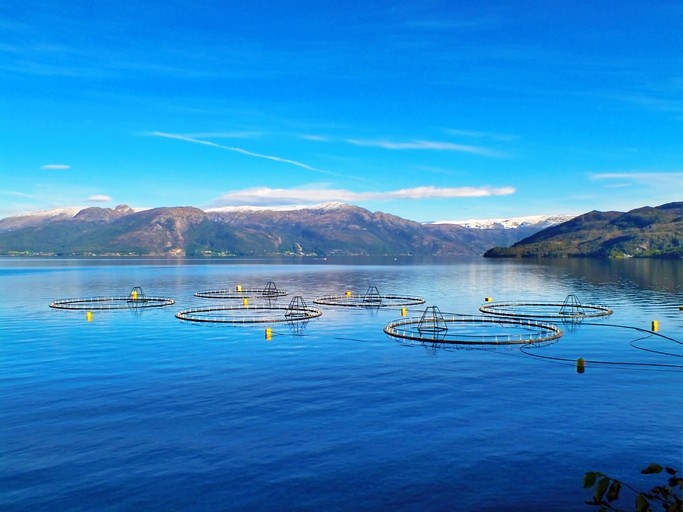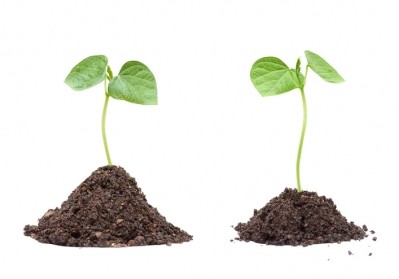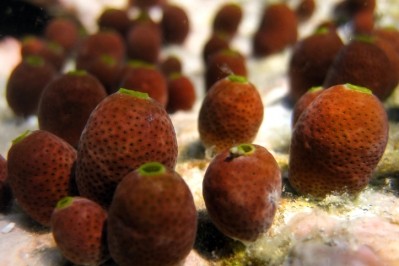Study: Methods to evaluate pellet quality needed to optimize salmon feed

Highly digestible salmon feeds are critical for increased nutrient retention and for minimizing losses and waste to the environment, said the authors of the paper, published in full in Aquaculture Reports
And standardized and suitable methods to evaluate pellet physical quality are vital for providing optimal feeds to the fish farms, argue the researchers, who are based in research institute, Nofima, and fish feed manufacturer, BioMar, among other industry and academic entities.
“Future research should focus on the development of a proper method measuring extruded feed hydration- and dissolution rates that can be used to predict pellet disintegration in the fish stomach and fish performance.
“In this study, screening of several parameters impacting physical pellet quality was performed, with the different starch content used also impacting the growth and digestibility parameters.
“A continuation of this study should be conducted with the use of one diet in an optimization design where physical quality is varied by process parameters only: oil and moisture level and dryer type and conditions," they stressed.
Key pellet qualities
Extruded feed used in modern aquaculture production must be of a consistent and high physical quality to avoid crushing during transport, bulk storage and pneumatic feeding (Aas et al., 2011; Aarseth et al., 2006), noted the authors.
But pellet quality that is optimal for handling may not optimize the biological response in the fish, they said.
The objectives of their study, they explained, were to produce salmon feeds with a large variation in physical feed quality by adjustment of starch content, preconditioner oil- and extruder moisture addition and drying temperature, then to investigate the effect of dietary starch content and pellet physical quality on the biological response in Atlantic salmon and, finally, to determine the most important pellet physical quality parameters affecting biological response.
Methodology
Two types of experimental salmon diets were produced for their investigation with a large variation in physical quality.
That variation was achieved by either adjusting the dietary starch inclusion levels (92 g kg−1 or 64 g kg−1), preconditioner oil (0.0 or 11.0 kg h−1), extruder moisture addition (13.5 or 27 kg h−1) and drying temperature (38 °C or 70 °C), explained the researchers.
Insights gleaned
The variation in diet starch, preconditioner oil and extruder moisture levels combined with conventional and gentle extrudate drying had significant impact on physical feed quality parameters.
The drying conditions had the most prominent effect on the pellet responses, found the authors.
The key findings were:
- Dietary starch and preconditioner oil content impacted physical feed quality.
- There was higher physical feed quality for gently dried extrudates compared to the conventionally dried variety.
- Growth and digestibility were negatively associated with increased starch content and reduced fat content and gross energy.
- Growth and digestibility were negatively associated with increased pellet hardness and durability and reduced water stability.
The most important physical parameters affecting growth performance were hardness S [standing], durability and Doris dust, parameters that may represent feed hydration- and dissolution rates, they observed.
The results of the study show that the impact of pellet physical quality should be considered when evaluating the results from biological fish trials, concluded the experts.
Source: Aquaculture Reports
DOI: https://doi.org/10.1016/j.aqrep.2021.100791
Title: Physical feed quality and starch content causes a biological response in Atlantic salmon (Salmo salar L)
Authors: T. Samuelsen, M. Hillestad, H.J. Jacobsen, T.J. Hjertnes, H.J. Sixten








